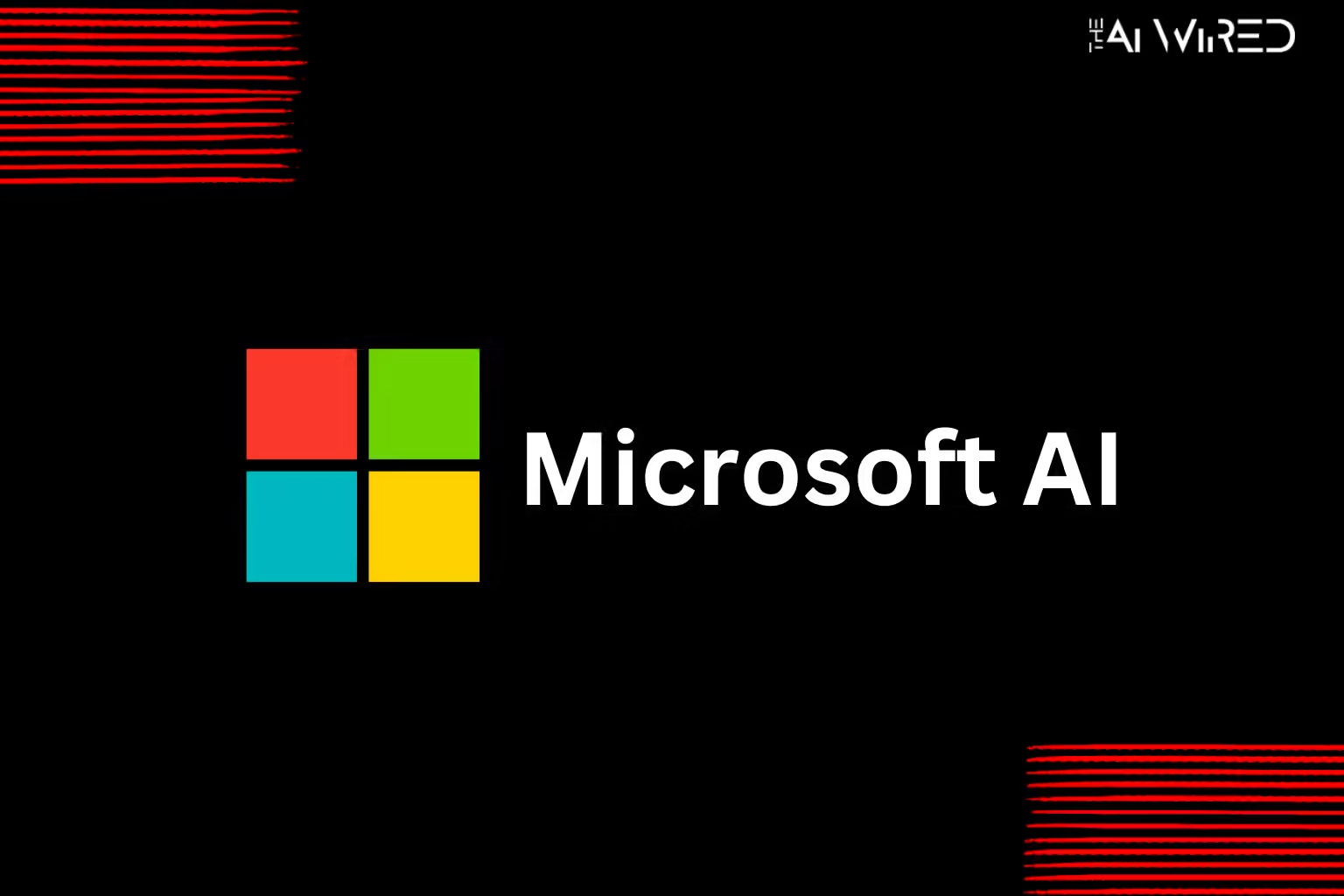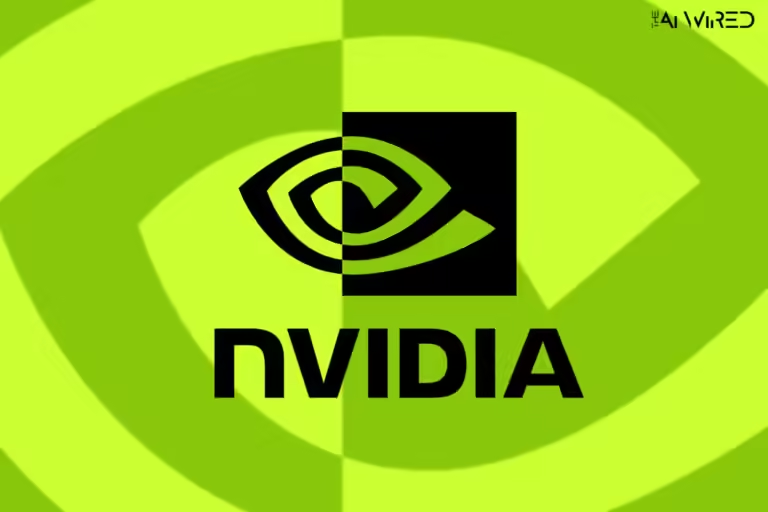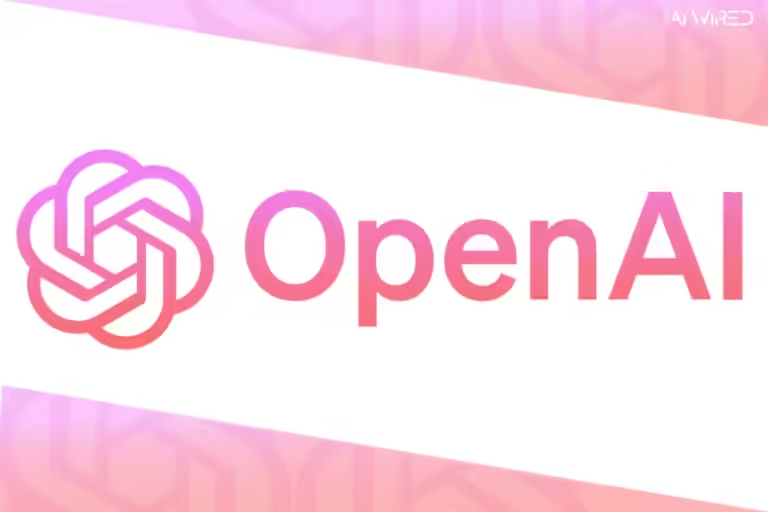
Microsoft Unveils BiomedParse: Revolutionary AI for Cancer and Disease Detection
Discover Microsoft’s BiomedParse, a high-tech AI tool driven by GPT-4 that looks at CT scans, MRIs, and X-rays to help find cancer and other health problems.
BiomedParse is a powerful AI sort of model, which has been recently launched by Microsoft. Its main purpose is to identify medical images and assist doctors in finding such diseases as cancer. This is a phenomenal step that should be encouraged since people can now use artificial intelligence to diagnose their medical complications. It has been developed from OpenAI’s basic architecture called GPT-4.
Revolutionizing Medical Imaging with AI
BiomedParse is capable of processing different forms of medical images such as X-rays, ultrasounds, CT, and MRI scans. Using this tool, doctors can quickly detect problems because the questions are just plain text. A doctor could type in “pathological cells” for instance, and then the model would underline where these cells are in an image.
According to Microsoft, BiomedParse has been able to detect tumors, melanoma, cystoid macular edema, COVID-19-caused chest infections, brain gliomas, and other diseases. The company explained how it could work without bounding boxes, which were once the standard that required certain parts of a picture to be outlined manually.
“BiomedParse reduces user effort significantly compared to older methods, especially when analyzing images with numerous elements,” Microsoft researchers stated.
How Does BiomedParse Compare?
Microsoft puts BiomedParse next to MedSAM, which is another medical AI model, and says that it does a good job of picture segmentation tasks. But the AI’s usefulness in the real world is still being talked about, since doctors can already identify diseases and cancers well without AI’s help.
Microsoft’s BiomedParse is one of the best AI healthcare tools, but it’s not the only one. Google made two models called MedLM and Med-PaLM that can do things like summarize patient data and answer medical questions. Google’s AI projects also include tools for finding breast cancer and projects in Kenya that bring people together to find diseases.
The latest project of Microsoft proves that the company is still interested in the application of AI in healthcare to advance diagnosis tools. However for BiomedParse to be an accurate and reliable tool that can be incorporated into the practice of current medical practitioners, it has to be able to provide a blend of sophisticated AI and realism that will be useful for doctors or indeed nurses.


